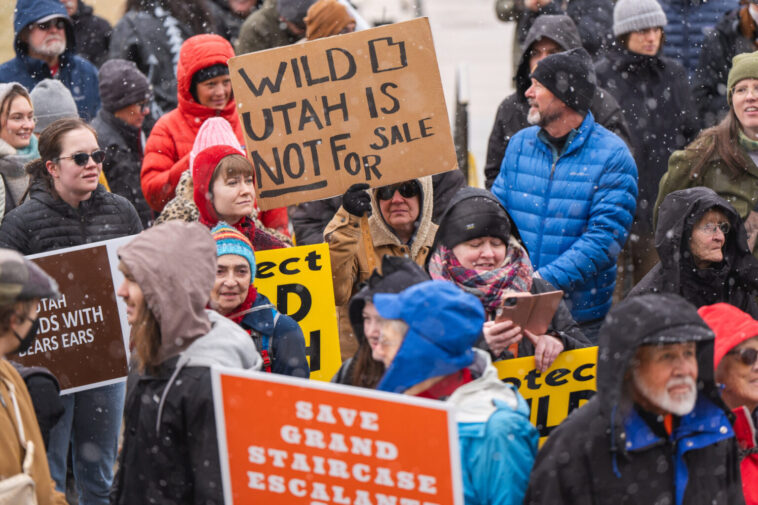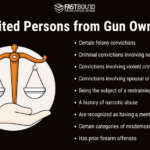
The Supreme Court’s Decision: A Blow to the Public Land Ownership Claims of Utah and Wyoming
An Overview of the Recent Supreme Court Decision
The recent decision of the US Supreme Court has thwarted efforts by Utah, Wyoming and other Western states to lay claim to millions of acres of federally managed public land. The Supreme Court dismissed more than 300 pages of legal arguments — down to a succinct 12 words and a punctuation mark, “The motion for leave to file a bill of complaint is denied.” It became apparent that days of laborious detailing did not sway the judiciary’s stance.
Public Land Ownership and State Rights
The essence of these legal claims lies in the belief that federal ownership of these lands is unlawful and that these territories rightfully belong to Western states. Influential figures, including Wyoming’s lone U.S. Rep. Harriet Hageman, state legislators, and Gov. Mark Gordon, had all aligned themselves with this notion, but their efforts proved futile, as the apex court denied their request for an emergency hearing.
Federal Ownership of ‘Unappropriated Lands’
Utah questioned the federal government’s authority to own and manage ‘unappropriated lands,’ those not explicitly designated for use by an enumerated federal power. At the heart of the case were approximately 18.5 million acres of Bureau of Land Management (BLM) property, which, it could be argued, belonged to all Americans.
Utah’s Stand: The Need for Constitutional Review
Utah, initially claiming the disposal of BLM property, later clarified that the state primarily sought the Court’s opinion on the unconstitutionality of the government’s holding of ‘unappreciated’ acres. Utah’s stance highlighted the ongoing tension between federal oversight and state rights, raising thought-provoking questions about land management policies.
Claims of Federal Occupation: States’ Sovereignty at Stake?
Implications were drawn to suggest that the federal ownership could qualify as an occupation akin to a casus belli – a condition potentially justifying conflict between nations. Such an assertion underscores the profound beliefs about state sovereignty and the perceived encroachment of federal power.
Does this Decision Put Other Federal Properties at Risk?
While the Supreme Court’s decision may not have tipped the scale in favor of Utah and Wyoming, it has raised concerns that claims might extend to “all former federal territorial lands… now held by the United States… [including] parks, monuments, wilderness, etc.” This highlights the possibility of an increase in federal versus state disputes over land ownership.
Economic Implications of the Land Ownership Controversy
Though much of the controversy seems focused on principles of sovereignty and control, one cannot overlook the potential economic undercurrents. Legislation backed by several Wyoming lawmakers proposing an allocation of $75 million for independent litigation against the federal government indicates that there are substantial fiscal concerns intertwined with these fights for territorial control.
Implications for Western States
Governor Mark Gordon’s stand on the dispute elucidated the ‘harms that federal ownership… uniquely imposes on the western States on a daily basis.’ The assertion infers that the federal land policies inadvertently place certain pressures on the western states, making this issue not just about legalities, but also the impacts on the daily lives of their residents.
Conclusion: The Road Ahead after the Supreme Court’s Decision
The Supreme Court ruling is a reminder that the constant back-and-forth between federal power and state rights remains an unresolved issue. While the judgment may not have provided a comprehensive solution, it has certainly kindled a debate that could serve as a platform to navigate these complex waters of public land ownership in the future.
Originally Post From https://wyofile.com/supreme-court-rejects-utah-wyoming-claims-on-federal-public-lands/
Read more about this topic at
Understanding Cookie Consent Banners
You Need To Know About Cookie Consent On Your Website


